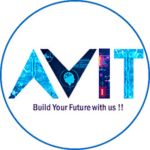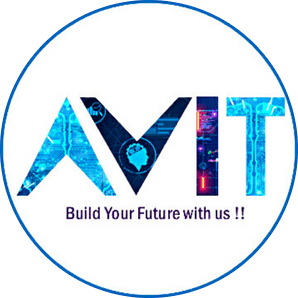Security Engineer
Job Description
As a Security Engineer at [Company Name], you will play a vital role in safeguarding our systems, networks, and data from potential threats and vulnerabilities. You will work closely with our security team to design, implement, and manage security measures, ensuring the highest level of security for our organization.
Key Responsibilities
- Security Architecture: Design and implement security architecture, policies, and procedures to protect our systems and data.
- Threat Detection: Continuously monitor systems for security breaches, intrusions, and anomalies, and take appropriate action to mitigate risks.
- Vulnerability Assessment: Conduct regular vulnerability assessments and penetration testing to identify and address security weaknesses.
- Incident Response: Develop and implement incident response plans and participate in security incident investigations.
- Access Control: Manage user access and permissions, ensuring proper authentication and authorization processes.
- Security Tools: Evaluate, select, and deploy security tools and technologies to enhance the security infrastructure.
- Security Awareness: Promote security awareness among employees and provide training to ensure best security practices are followed.
- Compliance: Ensure compliance with industry regulations and standards related to security (e.g., GDPR, HIPAA, ISO 27001).
Qualifications
- Bachelor’s degree in Computer Science, Information Security, or a related field (Master’s degree preferred).
- Proven experience as a Security Engineer or in a similar security-focused role.
- Strong knowledge of security principles, practices, and technologies.
- Familiarity with security standards and regulations.
- Experience with security tools and technologies such as firewalls, intrusion detection systems, and antivirus software.
- Excellent problem-solving and analytical skills.
- Strong communication and collaboration abilities.
- Relevant certifications (e.g., CISSP, CEH, CompTIA Security+) are a plus.


